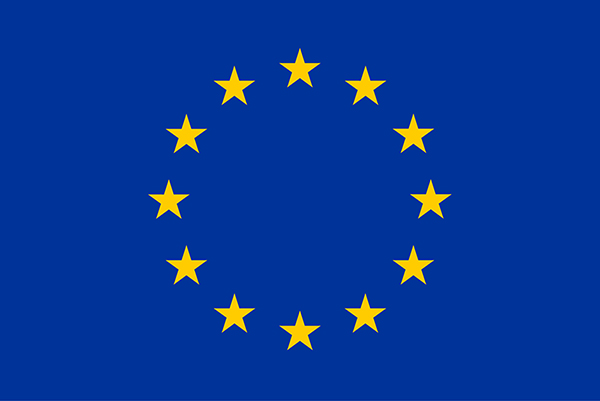Slavery in Africa: A dialogue between Europe and Africa
July 2017 – July 2020 the HLCES was a member of SLAFNET (Slavery in Africa: A dialogue between Europe and Africa).
Over the past couple decades the study of slavery and the slave trade has attracted increasing attention among scholars of Africa. The current revival of slavery studies in Africa can also be attributed to the increasing visibility, in various African states, of social and political conflicts rooted in the vestiges of slavery and servility. The social, religious, and political ideologies that entrenched hierarchies within African communities are being contested, and the memories of oppressed groups are entering the domain of public debate. SLAFNET aims to build on this momentum and contribute to research on slavery in Africa through the development of a pioneering collaborative and networking team of African and European specialists and students.
SLAFNET gathers scholars, research institutions, universities, museums and civil society in a project dedicated to slavery in Africa and its multi-dimensional dynamics and legacies. This initiative is the fruit of the collaboration of its members over the past fifteen years. SLAFNET will advance the state of the art by bridging divisions, encouraging dialogue and developing joint expertise on slavery in Africa.
The overall objective of the project is to establish a top-level scientific network of several institutions and research groups from Europe and Africa on the field of slavery studies. It aims at focusing mutual efforts of 13 research groups with extended and complementary competences in their respective research fields and at gathering multidisciplinary expertise in slavery-related issues by encouraging the exchange of young and senior researchers from both continents. This network will be the first of its kind in the world. Our goal is to conduct research on both historical and contemporary slavery and forced labour and to emphasize its international dimension. One of the main goals of this project is to bridge disciplinary and regional area studies or initiatives, to encourage dialogue and to engage in collaborative research. It will involve African and European researchers from various disciplines from different parts of the world with complementary skills.
This project has received funding from the European Union’s Horizon 2020 research and innovation programme under grant agreement no. 734596.
For more information visit the project website at https://slafnet.hypotheses.org/


